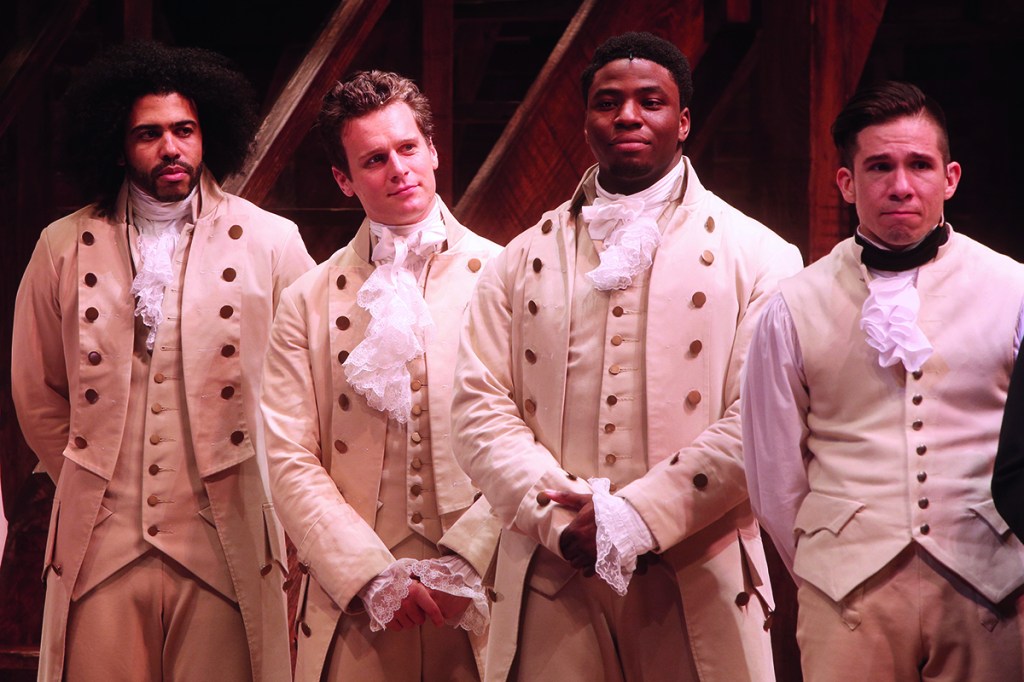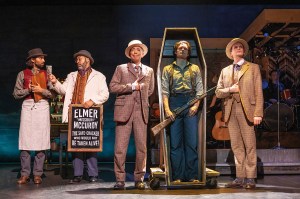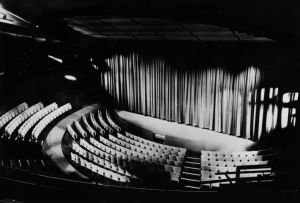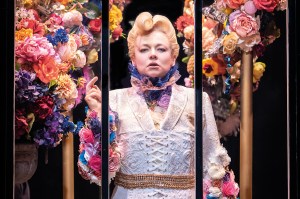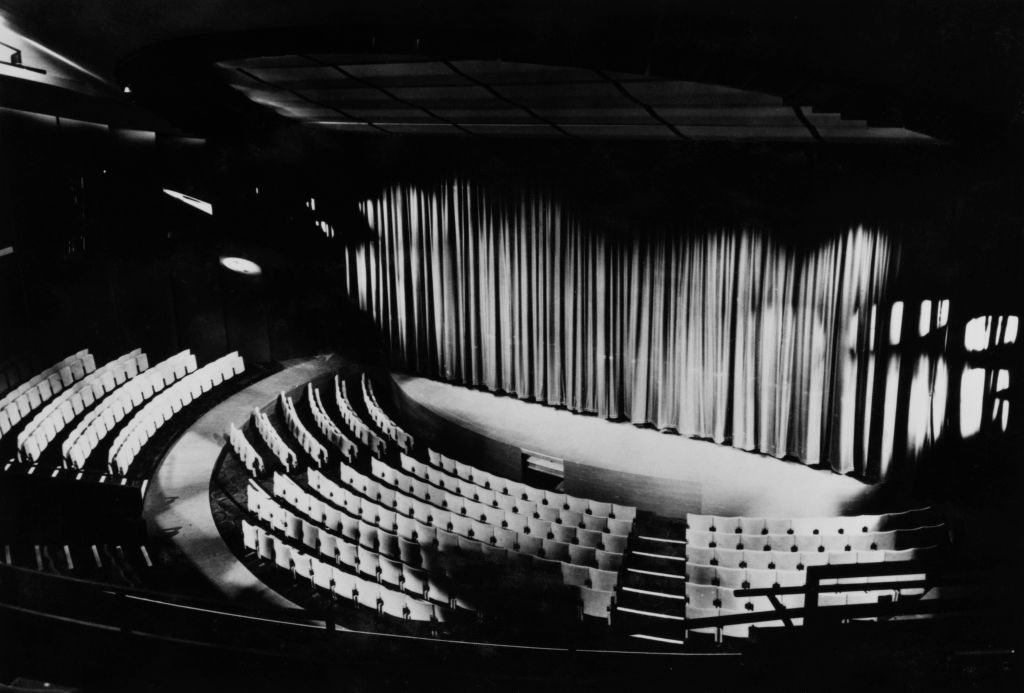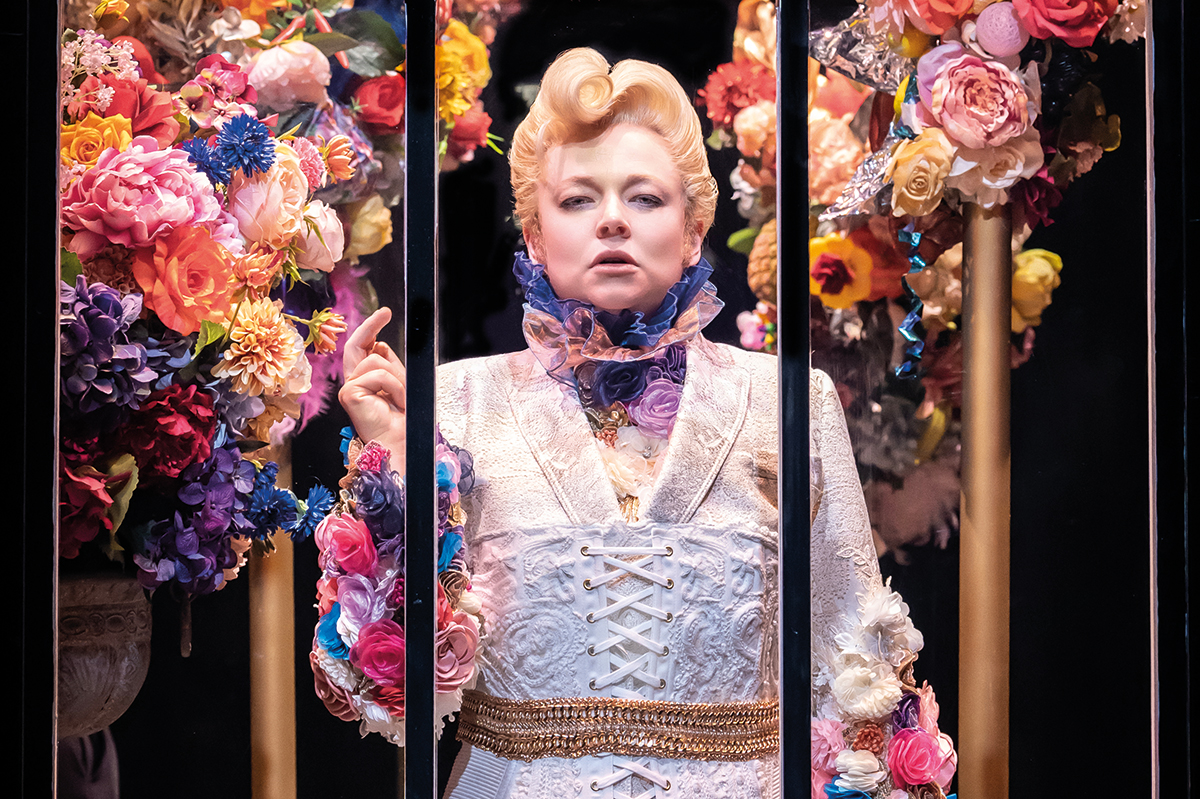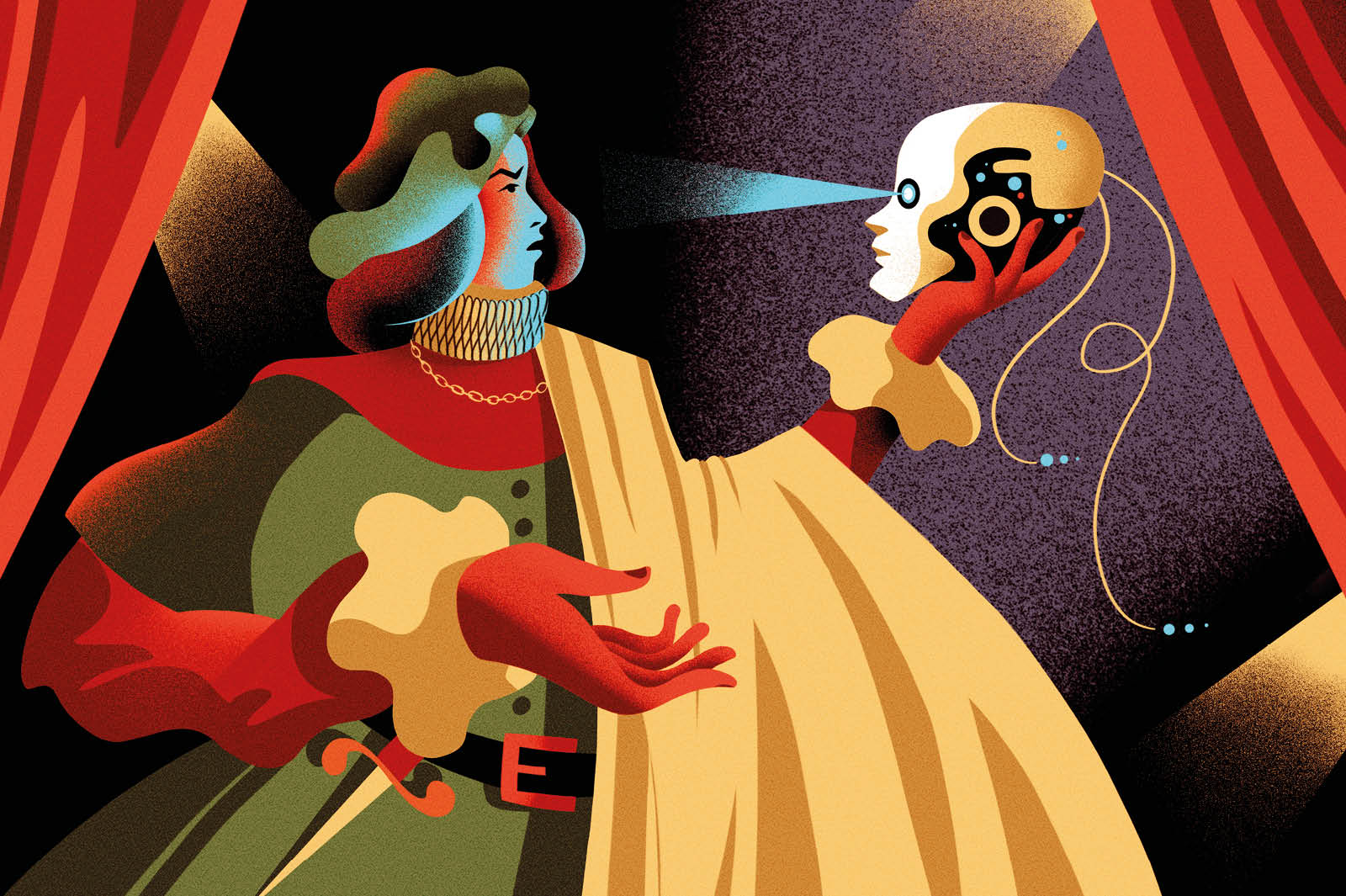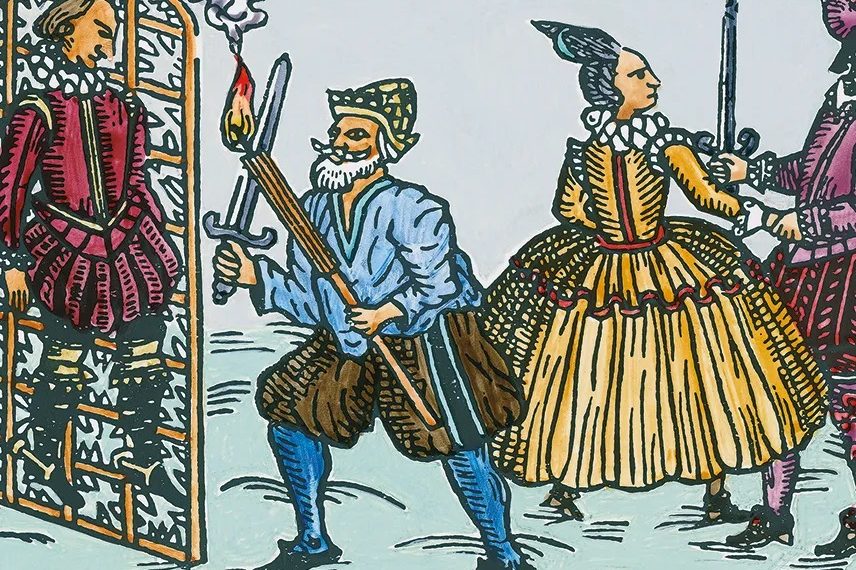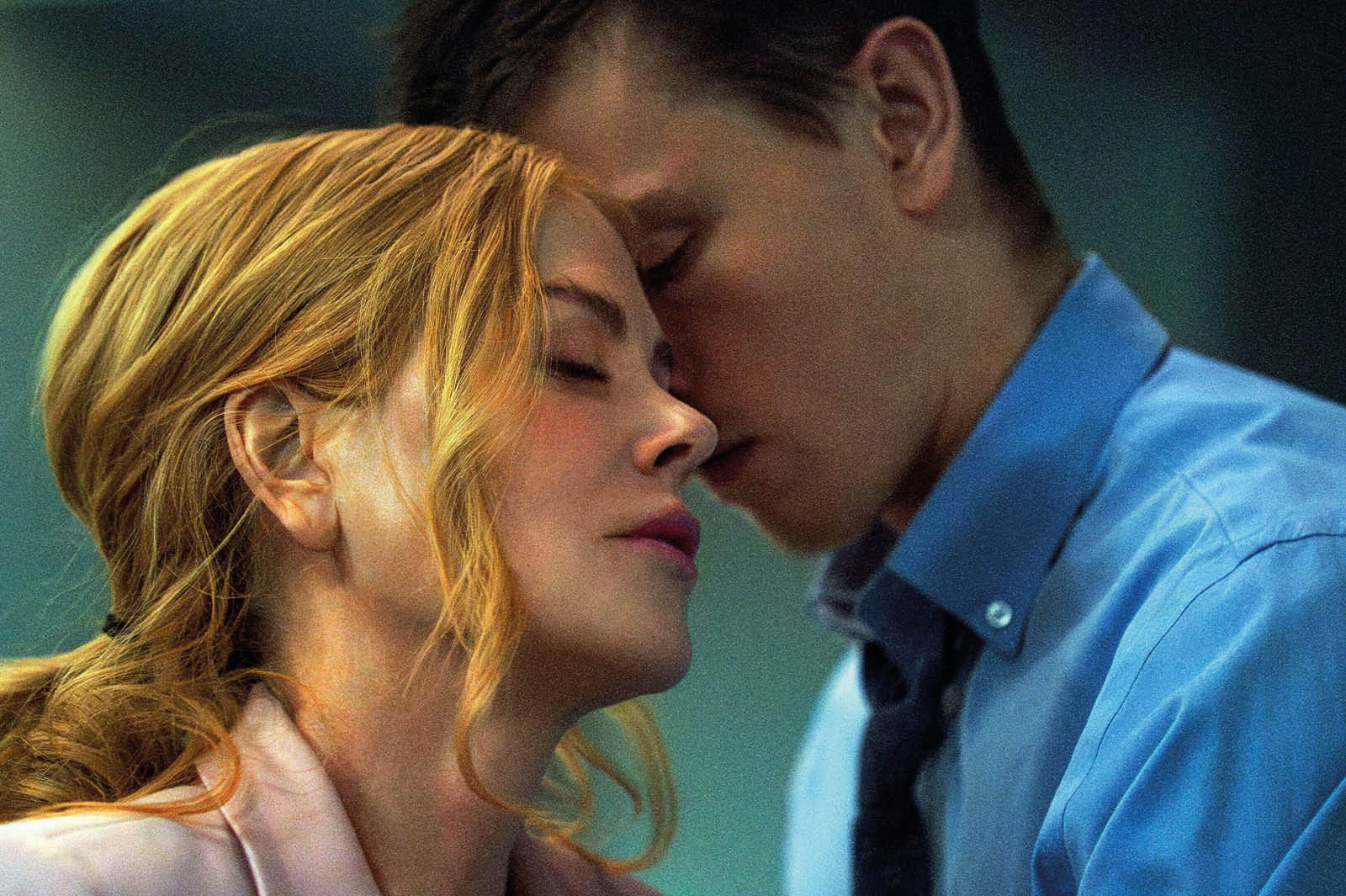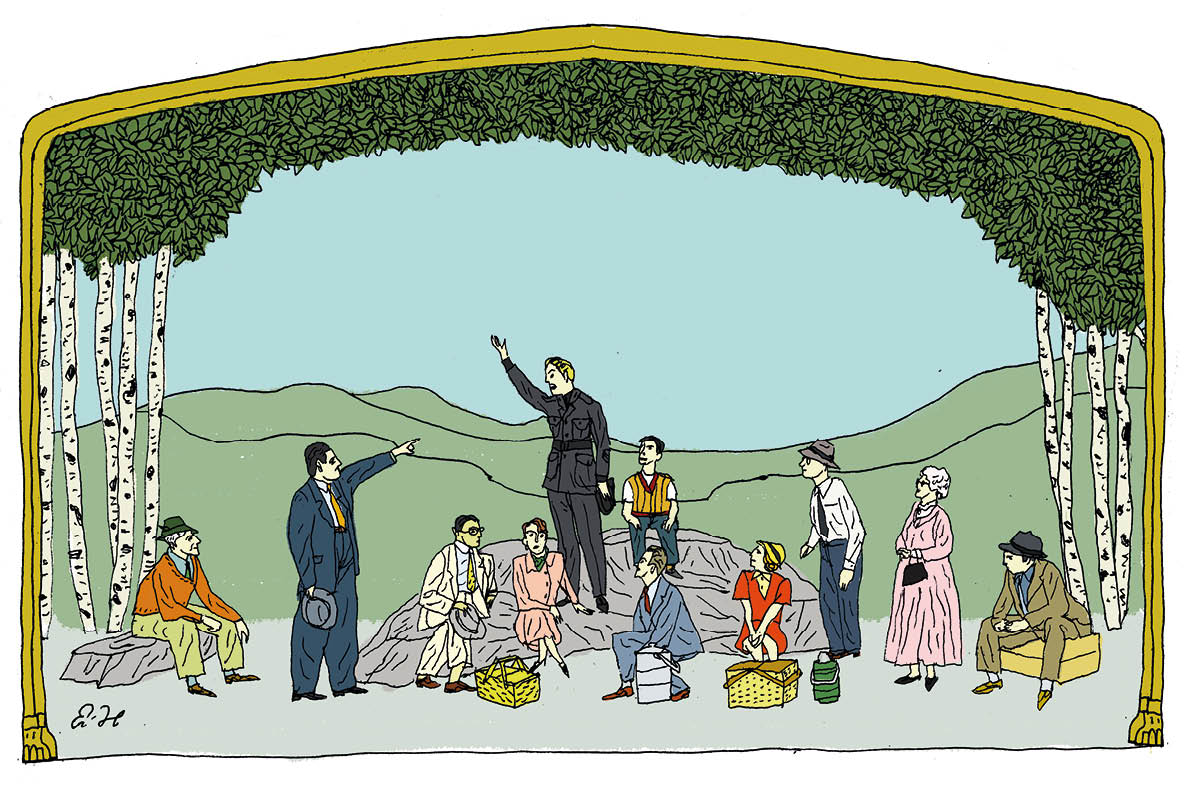It was probably inevitable that the culture wars would come for Hamilton. The show had something for everyone — parents and kids, pop-culture enthusiasts and history buffs, right and left. It was the unifying, twenty-first-century Great American Musical, if we could keep it.
We couldn’t, of course, and the dustup over a rogue Hamilton production in early August at The Door Christian Fellowship Church of McAllen, Texas, gives one indication why. The non-denominational church, situated not ten miles from the Mexican border at the very southern tip of Texas, presented a modified version, censoring risqué sections and making secular bits Jesus-centric. One scene has our hero Alex repenting his sins (his capitalism? No, not that) and being born again: “Do you accept him as your Lord and Savior? Yes!”
If Hamilton remixed Hamilton, then The Door McAllen remixed the remix. Sounds cool, right?
Well, no. Zealous Hamilfans once sniffed out an unauthorized production in Jakarta, Indonesia, of all places, so it’s no surprise that the backlash here was full-throated, frantic and, frankly, a little preposterous. Twitter exploded over #Scamilton.The Dramatists Guild plastered its homepage with an official statement informing us that “No writer’s work… can be performed without their permission” and that it’s “never okay to change the words, lyrics or notes without their express consent.”
Howard Sherman, interim director of the Baruch Performing Arts Center, was more specific: “This church cannot be allowed to deploy Hamilton as a tool to spread messages that are contrary to the messages of Hamilton, of musicals, of theater.” (Do these messages ever contradict?) The ever-unflappable Hamilton creator Lin-Manuel Miranda soon jumped in on Twitter: “Grateful to all of you who reached out about this illegal, unauthorized production. Now lawyers do their work.”
The lawyers have a case. Fair-use law allows some exemptions for churches to perform “dramatico-musical works of a religious nature” — Jesus Christ Superstar, anyone? But even if we ignore the bowdlerized production, the Door McAllen certainly fell afoul of the law in other respects, like ripping the audio from a Hamilton trailer for its own promotional spot.
But there’s something self-defeating about the way critics have piled on. They protest too much, methinks. Of Miranda’s statement about the “illegal, unauthorized production”: if “illegal,” why does it matter that it’s “unauthorized”? In the same light, the Dramatists Guild might be seen to say, Don’t steal — but if you do, don’t change a thing!
Sherman’s obsession with guarding “messages” makes it clear: the real crime isn’t staging Hamilton; it’s making Hamilton “cringe.” To these critics, by the emendation or addition of only a few lines here and there, the God-squad has transformed this uber-with-it musical into a regressive nightmare — one that bears an only uncanny resemblance to the original and finds itself firmly on the bad side of the tracks, that much-maligned “wrong side of history.”
At the end of the day, the two-day, two-bit production counts for small potatoes in the metabolism of the performing arts. But its critics’ fixation on ideological violations instead of property rights, the real object of fair-use laws, doesn’t bode well for the health of theater in America.
This all may seem too fine a point. In the internet age, originality itself stands on already-shaky ground. The Unofficial Bridgerton Musical began as a TikTok collaboration, spawned a Grammy-winning album and staged a full production in Washington, DC, in July. Netflix, which produces the original Bridgerton, has sued. The author of the books on which the show is based, Julia Quinn, explained: “There is a difference… between composing on TikTok and recording and performing for financial gain.” Is there? Or was Netflix glad to overlook the alleged grift so long as they could profit from it, too?
Besides, whack-a-mole litigation is a tough line for an industry kept afloat by derived content. Consider the 2022 Tony nominees for best new musical. Besides the winner, A Strange Loop, a true original, there were: Six, which gives the wives of Henry VIII the Hamilton treatment but without any attempt at a plot; two jukebox musicals, MJ and Girl From the North Country; a stage version of Mr. Saturday Night (1992); and Paradise Square, a piece of agitprop centered on the 1863 Draft Riots. Not all bad shows, but hardly groundbreaking stuff. The best way to protect innovative theater is for theater producers to reward actual innovation.
Looking abroad, we might find an even closer parallel for the Door McAllen’s hamfisted Hamilton. Just opened last month at Shakespeare’s Globe in London is the new I, Joan, which gives us a non-binary Joan of Arc, updated d’outre-tombe. Because this non-binary Joan is high art, and the Christianized Hamilton a backcountry ripoff, the resemblance will go unnoticed by many “serious” theatergoers. But to anyone else, it looks an awful lot like taking a perfectly fine story, slapping on a few bumper stickers to motivate the base, and flipping it for profit.
This article was originally published in The Spectator’s October 2022 World edition.



